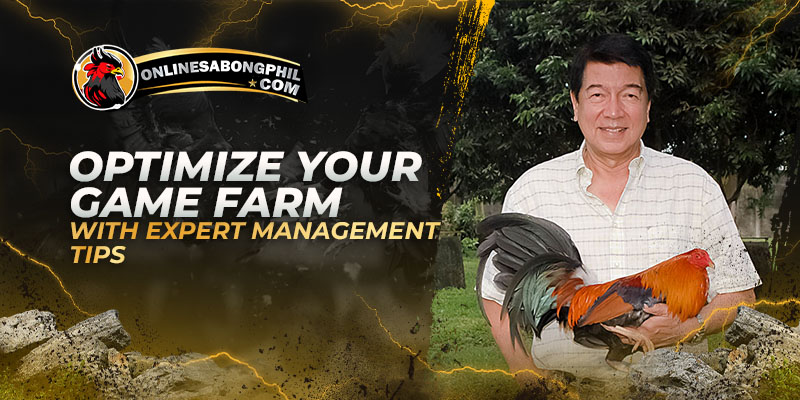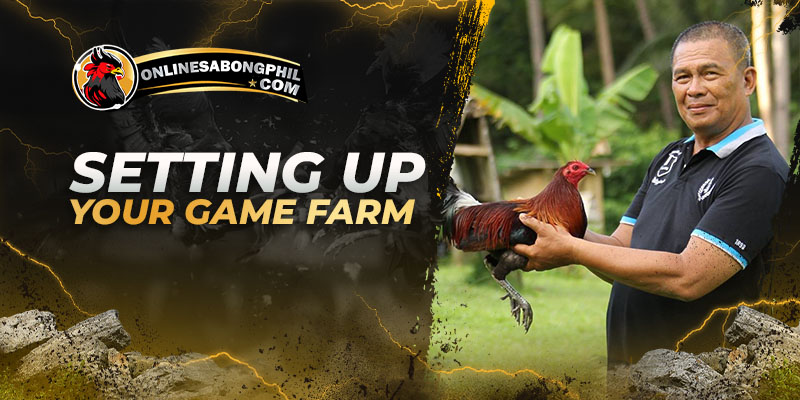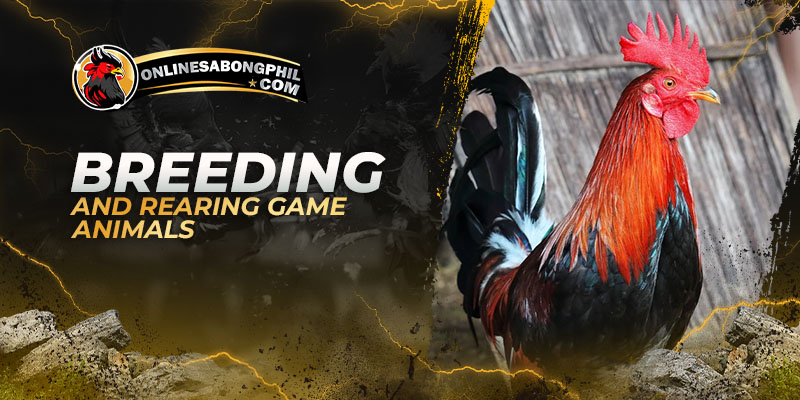Welcome to our comprehensive guide on game farm management! Whether you’re a seasoned game farmer or just starting out, this article is packed with expert tips and strategies to help you optimize your game farm for success. From understanding the basics of game farming to implementing advanced management techniques, we’ve got you covered.
Fundamentals of Game Farming
Game farming involves raising and breeding game animals, such as pheasants, quails, deer, and other wildlife, for various purposes including meat production, hunting, and conservation. It’s a rewarding venture that requires a deep understanding of animal husbandry, habitat management, and sustainable practices.
Setting Up Your Game Farm
Choosing the Right Location:
To establish a successful game farm, it’s crucial to select a location that offers an optimal environment for your game species. Here are some factors to consider:
- Climate: The location should have a climate that is conducive to the health and well-being of your chosen game species. This includes temperature, humidity, and seasonal changes.
- Terrain: The terrain should provide natural habitats that mimic the game species’ original environment. Look for areas with a mix of open fields, forests, and water bodies.
- Natural Resources: Ensure that the location has abundant natural resources such as food sources, water, and shelter materials. This will help reduce the cost of supplementary feeding and housing.
Designing Your Farm Layout
A well-thought-out farm layout is essential for efficient management and the welfare of your game animals. Here’s what to include:
- Breeding Areas: Designate specific areas for breeding to ensure controlled mating and healthy offspring. These areas should be quiet, secure, and equipped with appropriate nesting or birthing facilities.
- Feeding Stations: Set up feeding stations that are easily accessible to all animals. Consider the dietary needs of your game species and ensure that the stations are regularly stocked with fresh, nutritious food.
- Water Sources: Provide multiple water sources throughout the farm to ensure that all animals have access to clean, fresh water. Natural water bodies like ponds or streams can be beneficial, but you may also need to install artificial water troughs or dispensers.
- Shelter: Provide adequate shelter for protection against harsh weather conditions and predators. This can include natural cover, such as trees and bushes, as well as constructed shelters like barns or enclosures.
Obtaining Licenses and Permits
Complying with legal requirements is crucial for operating a game farm. Here’s what you need to do:
- Research Local Regulations: Familiarize yourself with the laws and regulations related to game farming in your area. This includes zoning laws, wildlife conservation rules, and animal welfare standards.
- Obtain Necessary Permits: Depending on your location and the type of game species you plan to farm, you may need various permits and licenses. These could include land use permits, wildlife breeding licenses, and environmental impact assessments.
- Stay Updated: Regulations can change over time, so it’s important to stay informed and update your permits as required. This will help you avoid legal issues and ensure the sustainable operation of your game farm.
Breeding and Rearing Game Animals
Selecting Breeding Stock
When choosing breeding stock, it’s essential to select animals that are not only healthy but also exhibit desirable traits such as good temperament, strong physical characteristics, and resistance to diseases. Additionally, maintaining genetic diversity in your breeding stock is crucial to prevent inbreeding and ensure the long-term viability of your game population.
Breeding Techniques
Understanding the breeding habits of your game species is key to successful breeding. This may include knowledge of mating seasons, gestation periods, and specific mating behaviors. Implement appropriate techniques such as controlled mating, artificial insemination, or natural breeding to achieve desired outcomes. It’s also important to monitor the health and well-being of breeding animals to ensure successful conception and birth.
Rearing Young Game
Rearing young game animals requires providing them with a balanced diet that meets their nutritional needs for growth and development. This may include a combination of natural forage and supplementary feeds. Additionally, ensure that young game has access to clean water and shelter that protects them from harsh weather and predators. Regular health checks and vaccinations are also essential to prevent diseases and promote healthy growth.
Habitat Management
- Creating Natural Habitats: Design your farm to mimic the natural habitats of your game species, providing them with a comfortable and stimulating environment.
- Managing Vegetation: Control vegetation to provide adequate cover and food sources for your game animals.
- Water Management: Ensure a clean and reliable water supply for your animals.
Conclusion
Managing a game farm requires dedication, knowledge, and a commitment to sustainable practices. By following the expert tips outlined in this article, you can optimize your game farm for success and contribute to the conservation of wildlife. Remember, every game farm is unique, so adapt these strategies to suit your specific needs and goals.
FAQ’s
What is game farming?
Game farming is the practice of raising and breeding game animals, such as pheasants, quails, deer, and other wildlife, for various purposes including meat production, hunting, and conservation.
Do I need a license to start a game farm?
Yes, in most regions, you will need a license or permit to start a game farm. The requirements vary depending on your location and the type of game animals you intend to farm. It’s essential to check with your local wildlife or agricultural authorities for specific regulations.
How do I choose the right location for my game farm?
When choosing a location for your game farm, consider factors such as climate, terrain, natural resources, and proximity to markets. The location should be suitable for the specific game species you plan to raise and provide adequate space for their habitat.
What are some common diseases in game animals, and how can I prevent them?
Common diseases in game animals include avian influenza, chronic wasting disease, and foot-and-mouth disease. To prevent diseases, maintain strict biosecurity measures, provide a balanced diet, ensure clean water sources, and regularly monitor the health of your animals. Vaccinations and veterinary care may also be necessary.
Visit us at Onlinesabongphil.com for more guides and tips!



